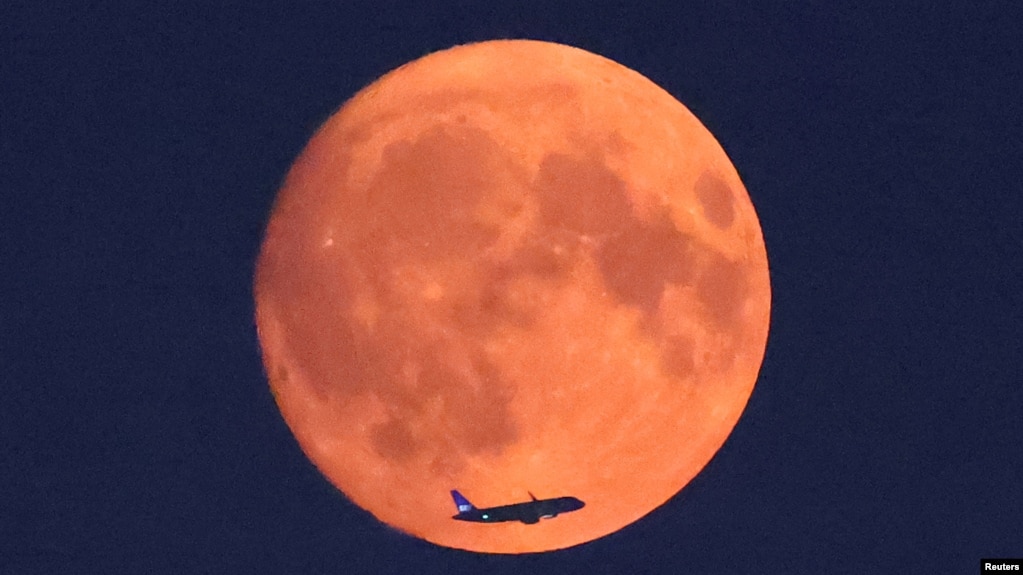AUDIO
Astronomy Group Joins Effort to Establish Time Zone on the Moon

An international group of astronomers has joined efforts seeking to establish a separate time zone for the moon.
The French-based International Astronomical Union (IAU) recently approved a resolution on the matter during the group’s General Assembly meeting in Cape Town, South Africa.
The resolution calls on space organizations around the world to cooperate on establishing a standard clock for the moon.
The moon’s orbital movements around Earth make one day on the lunar surface equal to 29.5 Earth days. And because the moon has less gravity compared to Earth, time moves slightly faster there, about 58.7 microseconds quicker each day.
Susan Stewart is an astronomer with the U.S. Naval Observatory. She helped create the resolution at the IAU conference. Stewart told The Associated Press the aim of the measure is quite simple: “To work together to establish (a) standard time.”
Currently, moon operations run on the time of the country that is launching spacecraft. But supporters of creating a separate time zone say this method will have to change; more countries and private space companies are starting to launch their own moon missions.
Last year, the European Space Agency (ESA) pushed for the creation of a lunar clock. And earlier this year, the White House directed the U.S. space agency NASA and other agencies to come up with a timekeeping plan for the moon by the end of 2026.
ESA noted communication and navigation systems built for the moon will perform much better if they use “the same timescale.” In addition, a separate time zone will support “the many other crewed and uncrewed missions” planned for the future, ESA said.
In the past, NASA also considered establishing a separate time zone for the International Space Station (ISS). But the agency decided against it. Instead, the ISS runs on Coordinated Universal Time, or UTC, which is based on time kept by atomic clocks. NASA officials say this system helps ease the time difference between NASA and the Canadian Space Agency, as well as other space partners in Russia, Japan and Europe.
The international team looking at establishing a lunar time zone has said it is still deciding whether a single organization should be chosen to set and keep time on the moon.
Bijunath Patla is a physicist at the U.S. Commerce Department’s National Institute of Standards and Technology. He told the AP that astronomers are still deciding on how a lunar clock would work. Patla said, “I think the community has realized that this needs to be done. And this is the beginning.”
_____________________________________
Words in This Story
standard – n. a particular level of quality that is set for multiple things
https://learningenglish.voanews.com/a/astronomy-group-joins-effort-to-establish-time-zone-on-the-moon/7750103.html